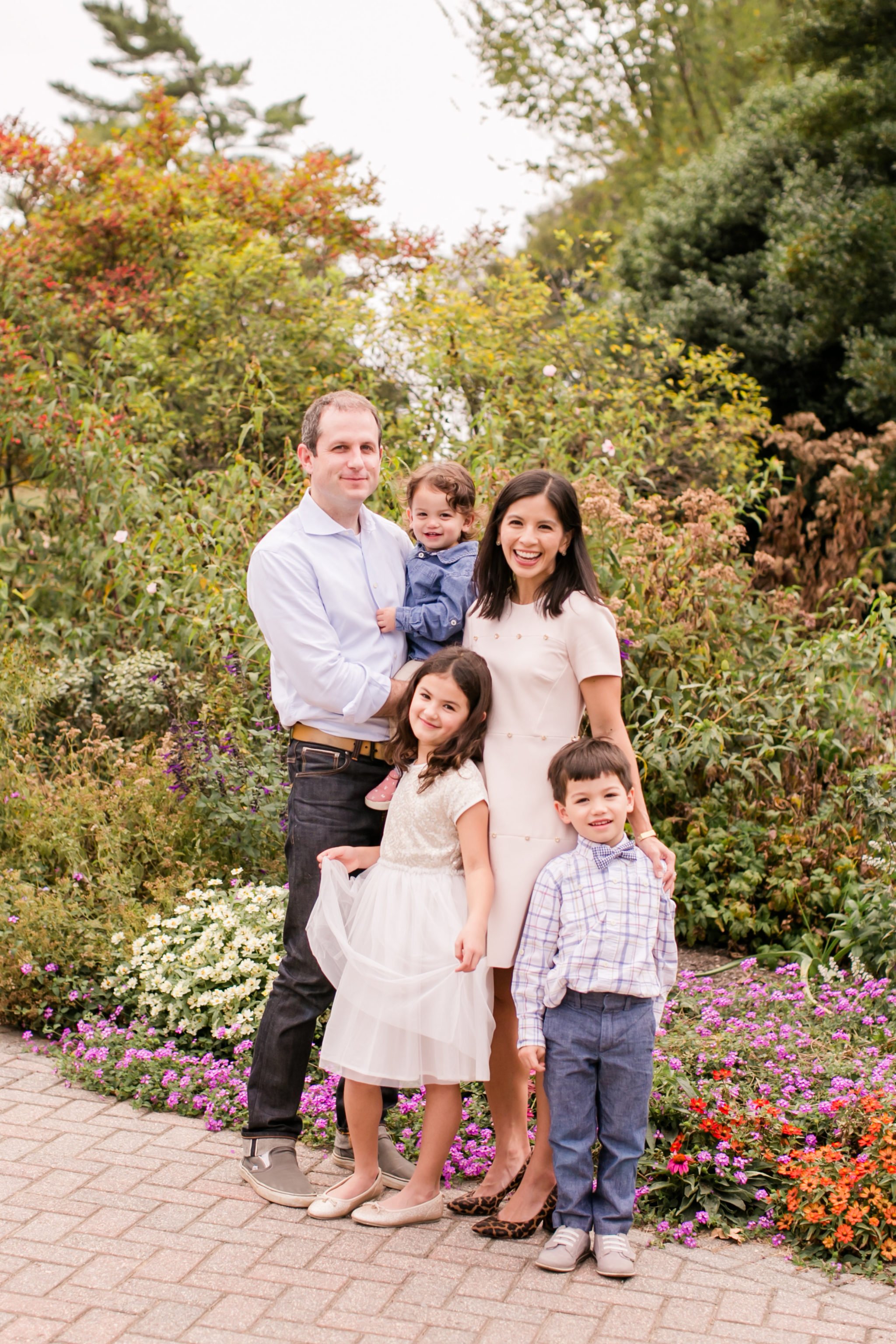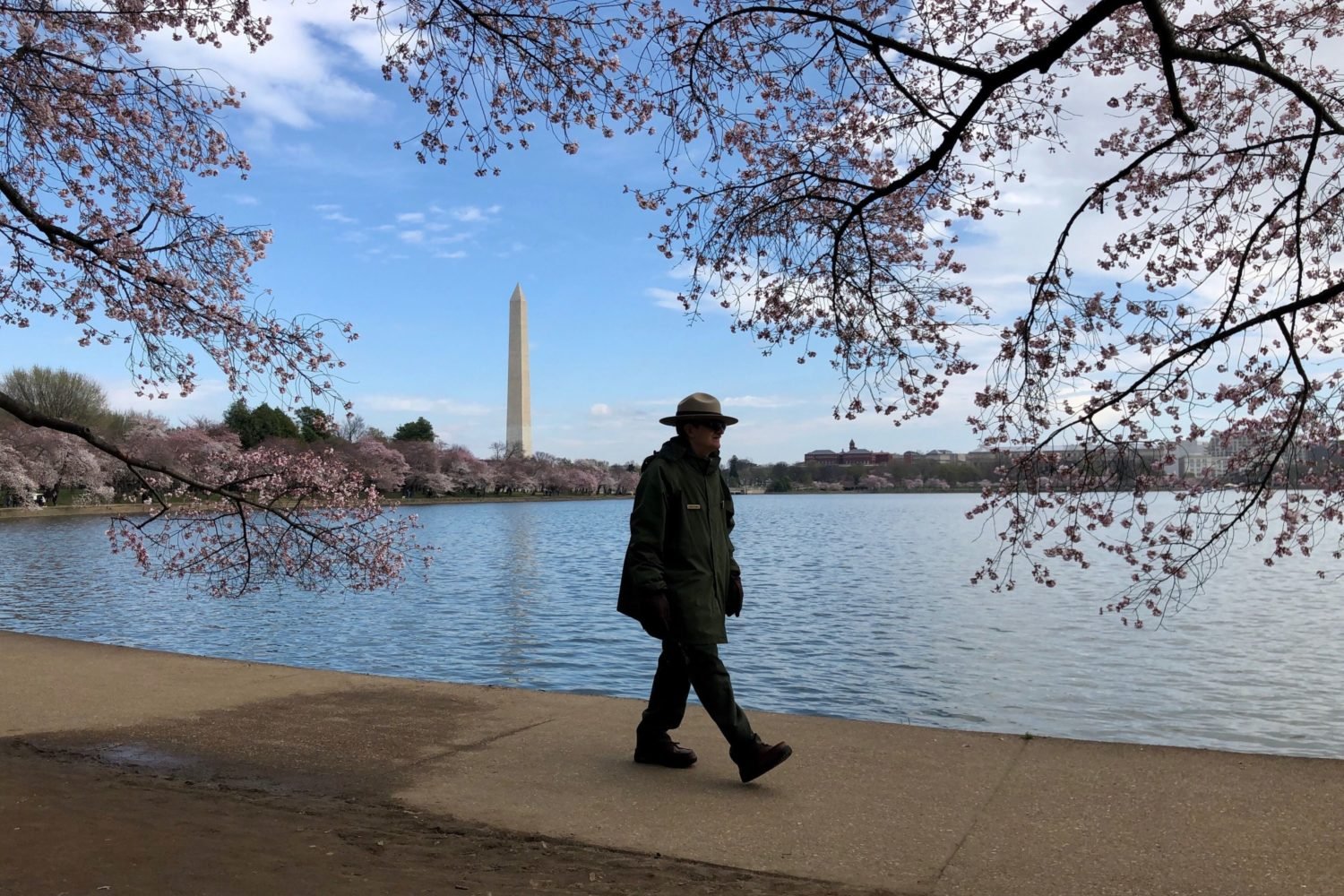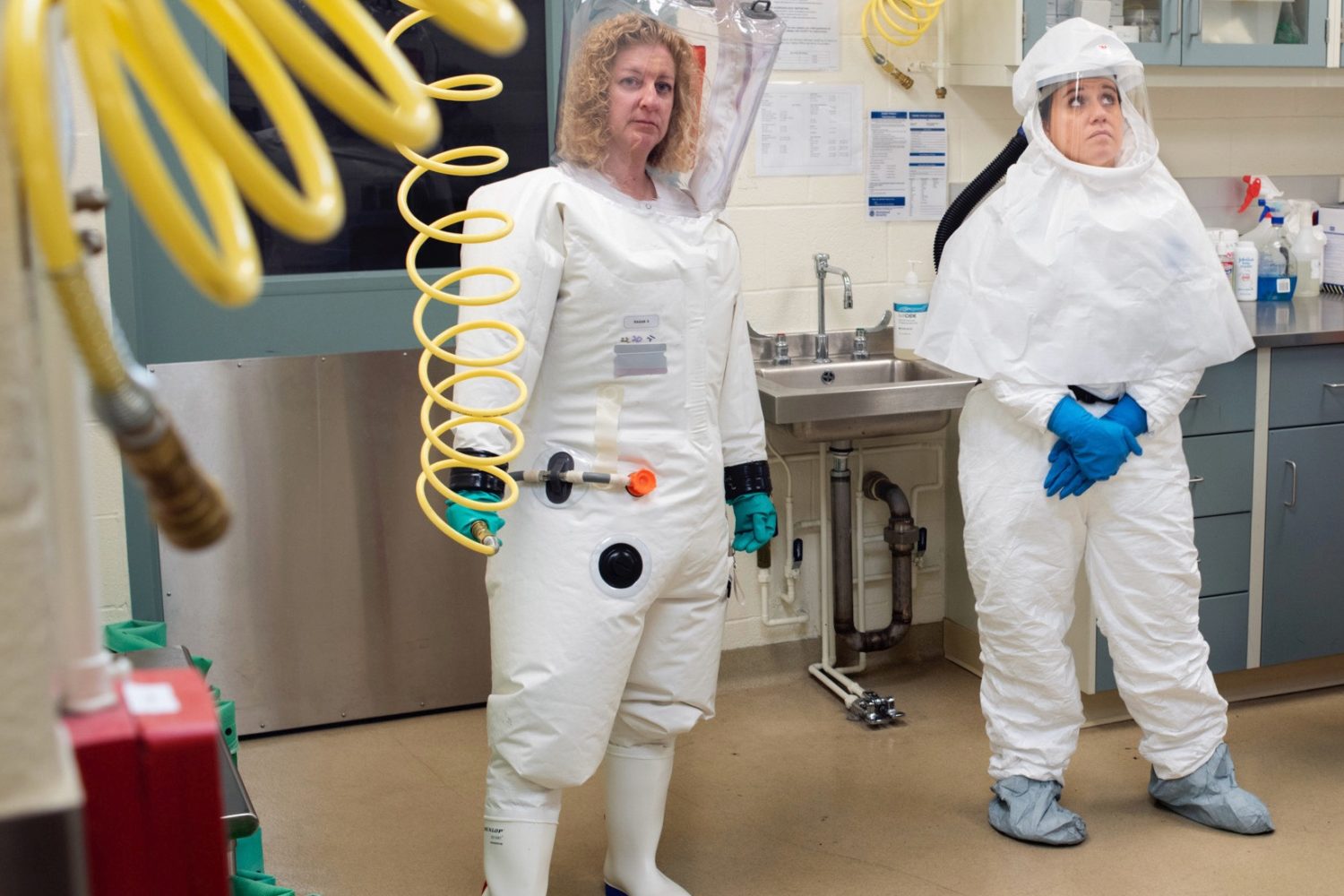About Coronavirus 2020
Washingtonian is keeping you up to date on the coronavirus around DC.
When CNBC correspondent Ylan Mui, 39, was diagnosed with Covid-19, it wasn’t long until her husband and her 7 year-old, 5 year-old, and 2 year-old were all sick, too (presumably with the virus, although the family wasn’t able to get tests for everyone). Here’s how the Fairfax County family made it through those difficult weeks, in Mui’s words:
“I got sick on March 14. It was just as everything was starting to shut down. I felt great in the morning and then I remember feeling a little bit achy in the afternoon. I thought huh, maybe this morning my workout was just really hard. As the day progressed, I was like, oh, this isn’t a normal achiness. By that evening, I knew that I was sick and it just kind of progressed from there.
“It was in the back of my mind [that I might have Covid-19] because as a reporter, we’re dealing with all this stuff front and center and most of my time is spent on Capitol Hill—we all know that’s a germy place. I didn’t want to jump to conclusions. So I went into the doctor’s office, I put on a mask, and the doctor at that point said well, you know, we gave you a flu test and it’s negative, but you don’t have a cough, so it’s probably something else. [But] once I developed a cough, then they were like okay, you’re getting a little bit worse. That’s when my doctor finally recommended me to get a Covid test.
“It was a whole thing [getting a test]. It was really frustrating. By the time I got the test, it was almost too late, you know? My symptoms had already been in full effect, and if I hadn’t decided to be super safe and isolate, then I could have spread it all over the place. [The test] was in Annandale or somewhere around there, and [you] drive into the back loading dock of an urgent care center and wait in your car. And someone comes out and swabs your throat. Then they walk away. It took me a week to get the results. They initially told me five-to-six days and then it was six-to-seven. I was kind of thinking are they ever going to get back to me?
“My husband got sick about five days after I got sick. His symptoms were a little bit different than mine. He didn’t have the cough that I had, but certainly the fever, the achiness, the exhaustion. The kids were kind of intermittent. They’d come into our room and say, Mommy, I don’t feel good, my stomach hurts. We’d take their temperature and they’d have a fever of 99.5 or 100 degrees.
“Once I got my positive test result, we called our doctor and asked whether my husband should get tested. Our doctor told us no, the tests were still a priority, but just to presume he had it. They were like, the chances of you having it are so strong that we don’t need to test you. Which is kind of a crazy thing to say. Even when the public health department called to do a follow-up with us, the nurse told me they were just going to put him down as a positive even though he didn’t have a test, because it was so likely that he had it. With the kids, we called the pediatrician and asked whether they should be tested, but again, they said it’s not going to change the course of treatment, so just assume they have it and stay home. And while it’s true that it doesn’t change the course of treatment, it could certainly change what we do after.
“I don’t even remember the days. They’re all blurred together. It was miserable and hard. My husband and I, we never isolated from the kids—we knew [that] was basically impossible. We did initially separate, so I slept in our bedroom upstairs; my husband slept in our guest bedroom in the basement. I wouldn’t let the kids onto my bed because it was disgusting and sweaty from waking up in the middle of the night with chills. The house was a disaster. My kids now have a new appreciation for Tombstone Pizza and Bagel Bites, and before [the pandemic], we had pretty successfully ended screen time in our home. But now that is over. It’s all a fog, honestly, but somehow we just continued to keep them alive and keep ourselves alive in the process.
“We tried to explain to [the kids] this is what coronavirus is, this is why they weren’t in school, this is why they can’t see friends, this is why they have to stay away from other people. There was some fear, especially among my oldest. She asked me, are you going to die? Am I going to die? And I said, no that’s not going to happen, I’m not going to let that happen. I was not worried that I wasn’t going to get better, I was worried about how bad it was going to get. There was one moment where I really did get like, oh my god, am I going to have to go to the hospital?
“We do feel better. I feel really glad that all members of our family feel recovered and back to normal. After I got better, that was just sort of it in terms of any direct guidance from my doctor. The public health department.was sort of just like okay we’re tracking you to know that you were sick and you’ve gotten better. But once you’ve gotten better, there’s just not a whole lot of information on what to do. The other issue is that they can’t regulate the hundreds of small decisions that we all have to make once this is over. There’s not like a regulation on when is it safe to loan a book to your friend? There’s not a regulation on should recovered people wear masks? Right now, we just don’t have enough knowledge and confidence to even make those decisions.
“Now that we’re on the other side of it, [what’s] raising a lot of other questions for me [is] we never got those tests to begin with for the other members of the family. [If we had, I’d have that] comfort level, they have at least some level of immunity. If we could get an antibodies test, I would definitely load up the minivan and drive them out there. But I don’t know how to do that. I don’t know who’s giving out the antibodies test, I don’t know how I qualify for one. Is it going to be a process like it was to get tested for Covid? Are they going to give it to all of us if only I actually tested positive in the first place? Is my insurance going to cover it? Like, I have no idea.”





















